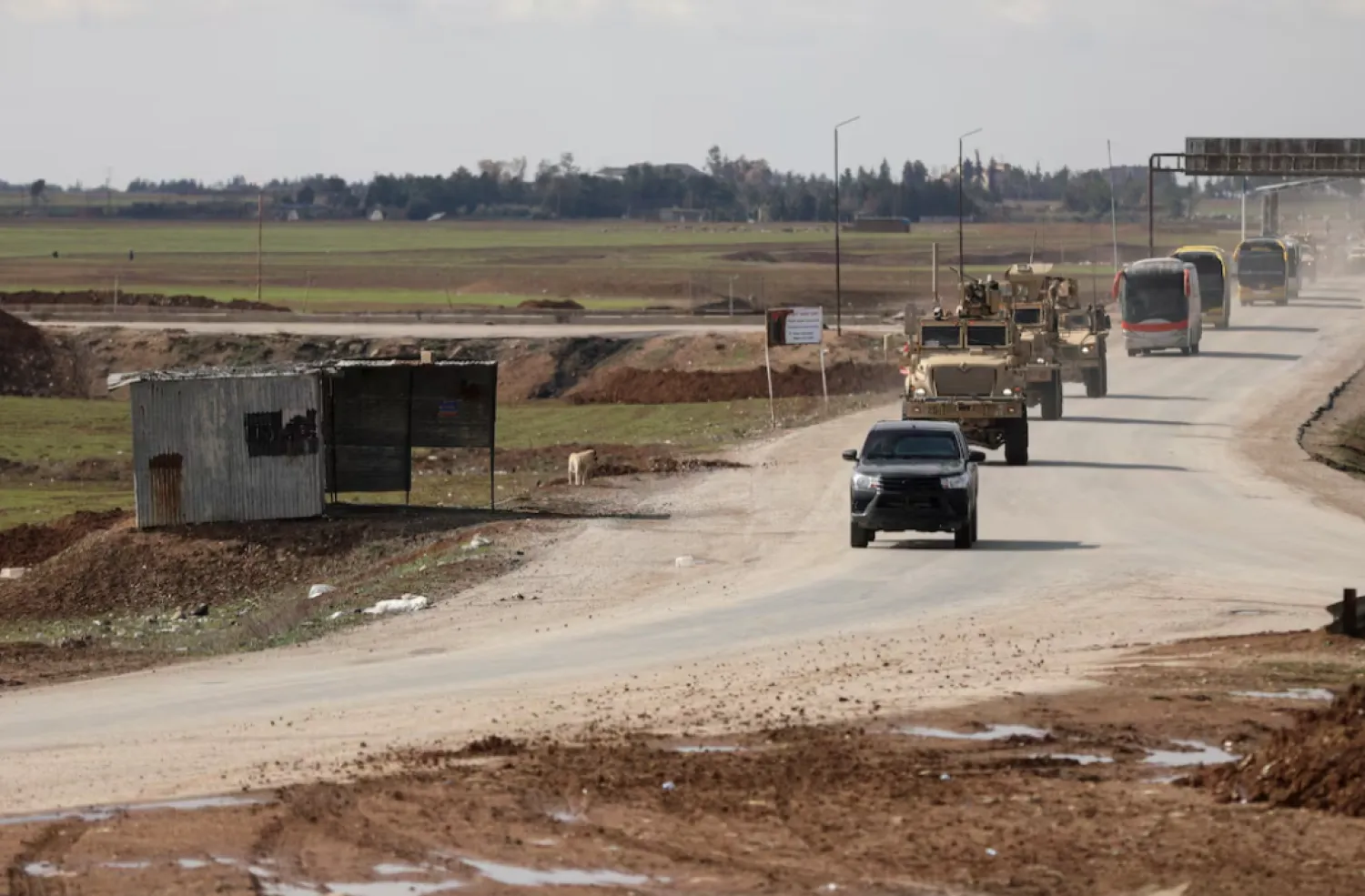The Palestinian Society Prisoner's Club announced that a Palestinian inmate, who has been in detention for 26 years, died on Wednesday of medical negligence.
The Club stated that Saadi al-Gharably, 75, died at Kaplan medical center after his health deteriorated due to mainly medical negligence.
Gharably had been sent to solitary confinement which aggravated his health condition.
A spokesman for the Israeli Prison Authority stated that Gharably was transferred Sunday to the Prison Authority Medical Center after his health deteriorated, and he died on Wednesday.
The prisoner suffered from a terminal illness and had been serving a life sentence since 1994 for killing an Israeli, added the spokesman.
Gharably is the second Palestinian prisoner who has died in Israeli prisons this year, after Nour Barghouti, 23, passed away in the Negev Prison for unknown reasons.
The head of the Palestinian Authority Prisoners' Affairs Commission, Qadri Abu Bakr, issued a statement indicating that the ongoing medical negligence will lead to the death of more inmates.
Abu Bakr called on international legal and rights institutions, especially the United Nations, to stop the crimes against the prisoners, saying the Prison Administration is fully responsible for “Gharably’s martyrdom.”
The Executive Committee of the Palestine Liberation Organization (PLO) said the incident is another crime against prisoners.
Member of the Executive Committee Wasel Abu Yousef urged the international community to pressure Israel to release the prisoners, especially the sick, the elderly, women, and children.
Hamas stressed that the crime against Gharably will only increase the determination of all Palestinian prisoners, while Islamic Jihad warned that medical negligence threaten the lives of other prisoners who are at risk of death at any moment due to this aggressive policy.
Palestinians say Israel’s policy of medical negligence has killed over 69 prisoners since 1967.









